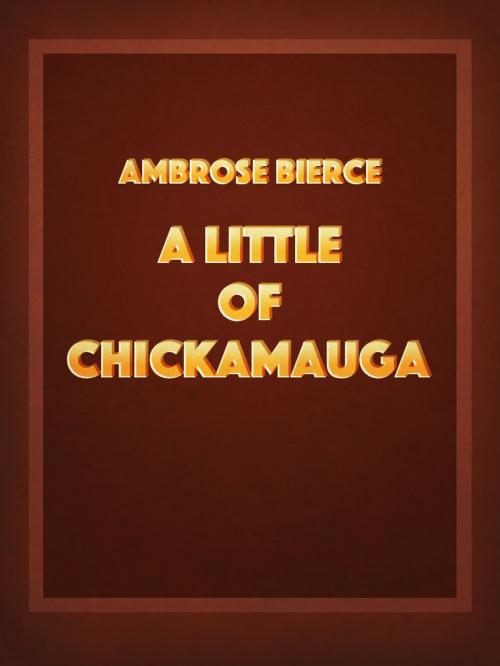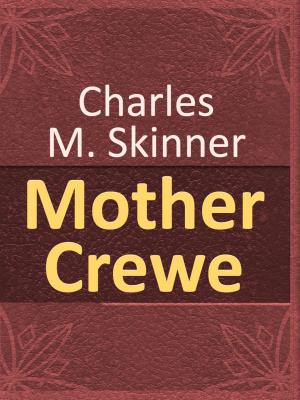| Author: | Ambrose Bierce | ISBN: | 1230000392693 |
| Publisher: | Media Galaxy | Publication: | April 28, 2015 |
| Imprint: | Language: | English |
| Author: | Ambrose Bierce |
| ISBN: | 1230000392693 |
| Publisher: | Media Galaxy |
| Publication: | April 28, 2015 |
| Imprint: | |
| Language: | English |
Ambrose Gwinnett Bierce was an American editorialist, journalist, short story writer, fabulist, and satirist. He wrote the short story "An Occurrence at Owl Creek Bridge" and compiled a satirical lexicon, The Devil's Dictionary. As is typical of many Bierce stories, style and technique are practically everything in “A Little of Chickamauga.” Although he wrote during a period of American literature characterized by realistic depictions of external reality, Bierce maintained his allegiance to Romanticism. Often compared with the originator of the American short story, Edgar Allan Poe, Bierce focuses not so much on external reality as he does on the strange, dreamlike world that lies somewhere between fantasy and reality. Thus, the genius of his stories lies not in their theme, which is often fairly obvious, but in the delicate and tightly controlled way that Bierce tells the story which happens during the war, creating a playfully nightmarish world that involves the reader emotionally.
Ambrose Gwinnett Bierce was an American editorialist, journalist, short story writer, fabulist, and satirist. He wrote the short story "An Occurrence at Owl Creek Bridge" and compiled a satirical lexicon, The Devil's Dictionary. As is typical of many Bierce stories, style and technique are practically everything in “A Little of Chickamauga.” Although he wrote during a period of American literature characterized by realistic depictions of external reality, Bierce maintained his allegiance to Romanticism. Often compared with the originator of the American short story, Edgar Allan Poe, Bierce focuses not so much on external reality as he does on the strange, dreamlike world that lies somewhere between fantasy and reality. Thus, the genius of his stories lies not in their theme, which is often fairly obvious, but in the delicate and tightly controlled way that Bierce tells the story which happens during the war, creating a playfully nightmarish world that involves the reader emotionally.















